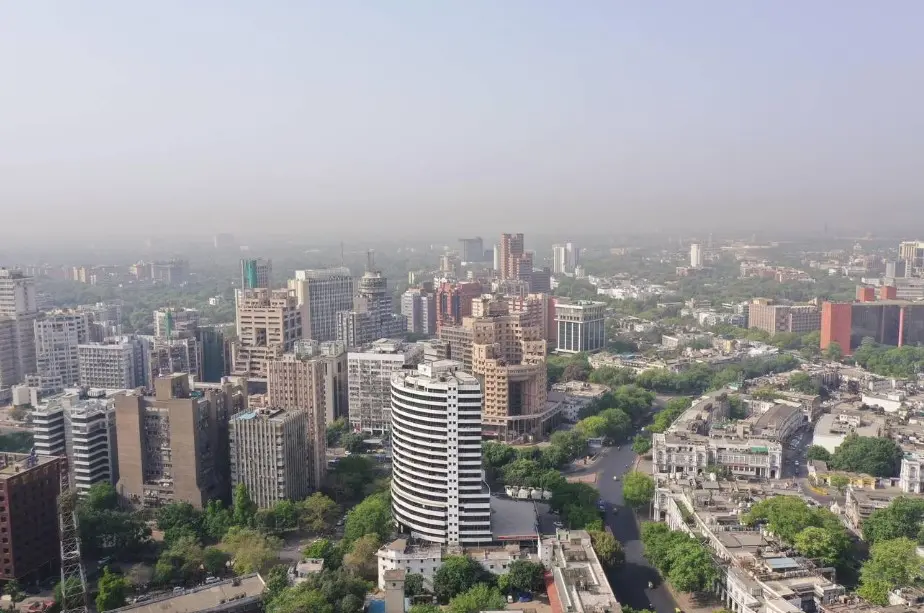The Double-Edged Sword of Urbanization
New Delhi has witnessed rapid urbanization over the past few decades, transforming the city into a thriving economic hub. Expanding infrastructure, real estate growth, and new business opportunities have fueled its progress. However, this development comes at a cost—while some benefit from economic prosperity, others struggle with displacement and rising inequality. The city’s rapid transformation raises crucial questions: Who truly gains from this progress, and who is left behind? As the gap between the privileged and marginalized widens, it becomes essential to examine both the advantages and challenges. Even as industries flourish, services like flower delivery in Delhi cater to an evolving urban lifestyle.
The Beneficiaries: Economic Growth and Infrastructure Expansion
Urbanization in New Delhi has created vast economic opportunities, driving growth across multiple industries. The rise of new businesses and the expansion of employment sectors have contributed to the city’s financial success. Government-led projects such as metro expansions and smart city initiatives have improved connectivity and modernized infrastructure, benefiting daily commuters and businesses alike. However, the real winners of this development are real estate developers, large corporations, and the affluent, who gain from soaring property values and investment prospects. As the city modernizes, services that allow people to send gifts to Delhi reflect the growing consumer culture among its residents.
The Struggles of the Urban Poor and Displaced Communities
Despite the prosperity urbanization brings, low-income groups face increasing hardships. The surge in property prices has made housing unaffordable for many, leading to forced evictions and displacement. Informal settlements, often home to daily wage workers, lack basic amenities like clean water, sanitation, and healthcare. These communities, critical to the city’s workforce, continue to struggle with job insecurity and unstable incomes. Street vendors, construction laborers, and domestic workers find themselves marginalized, unable to keep up with the city’s rising living costs. As luxury developments rise, the urban poor are pushed to the fringes, struggling to sustain their livelihoods.
Environmental and Social Costs of Unchecked Growth
New Delhi’s rapid expansion has taken a significant toll on its environment. Escalating pollution levels, worsening air quality, and traffic congestion have become pressing concerns for its residents. Green spaces and water bodies are increasingly sacrificed for commercial and residential projects, leading to ecological imbalance. The lack of sustainable planning has exacerbated environmental degradation, affecting public health and quality of life. Additionally, urbanization has deepened social disparities, with affluent areas receiving advanced facilities while underprivileged communities continue to lack basic infrastructure. The city’s unchecked growth demands urgent intervention to balance development with environmental and social sustainability.
Policy Responses and Potential Solutions
To address these challenges, government policies must prioritize inclusive urbanization. Affordable housing schemes and slum rehabilitation programs are essential to ensuring equitable development. NGOs and social activists play a crucial role in advocating for the rights of displaced communities and promoting sustainable urban planning. Additionally, citizen participation in decision-making processes can help bridge the gap between rapid urbanization and social justice. Transparency in governance and accountability in infrastructure projects are necessary to ensure that the benefits of development reach all sections of society. A balanced approach is key to creating a city that thrives without leaving its vulnerable populations behind.
Conclusion: Finding a Balance Between Progress and Equity
New Delhi’s rapid urbanization has driven economic prosperity, yet its benefits remain unevenly distributed. While businesses and affluent groups thrive, marginalized communities struggle with displacement and financial insecurity. The city’s environmental degradation and growing social divide further highlight the need for sustainable development. To ensure progress does not come at the cost of equity, policies must focus on inclusive growth, affordable housing, and responsible urban planning. A future where both economic advancement and social justice coexist is possible, but only if development prioritizes the well-being of all citizens, not just a privileged few.
Also Read-Toronto PPC Management: Proven Strategies for High-Performance Ads
